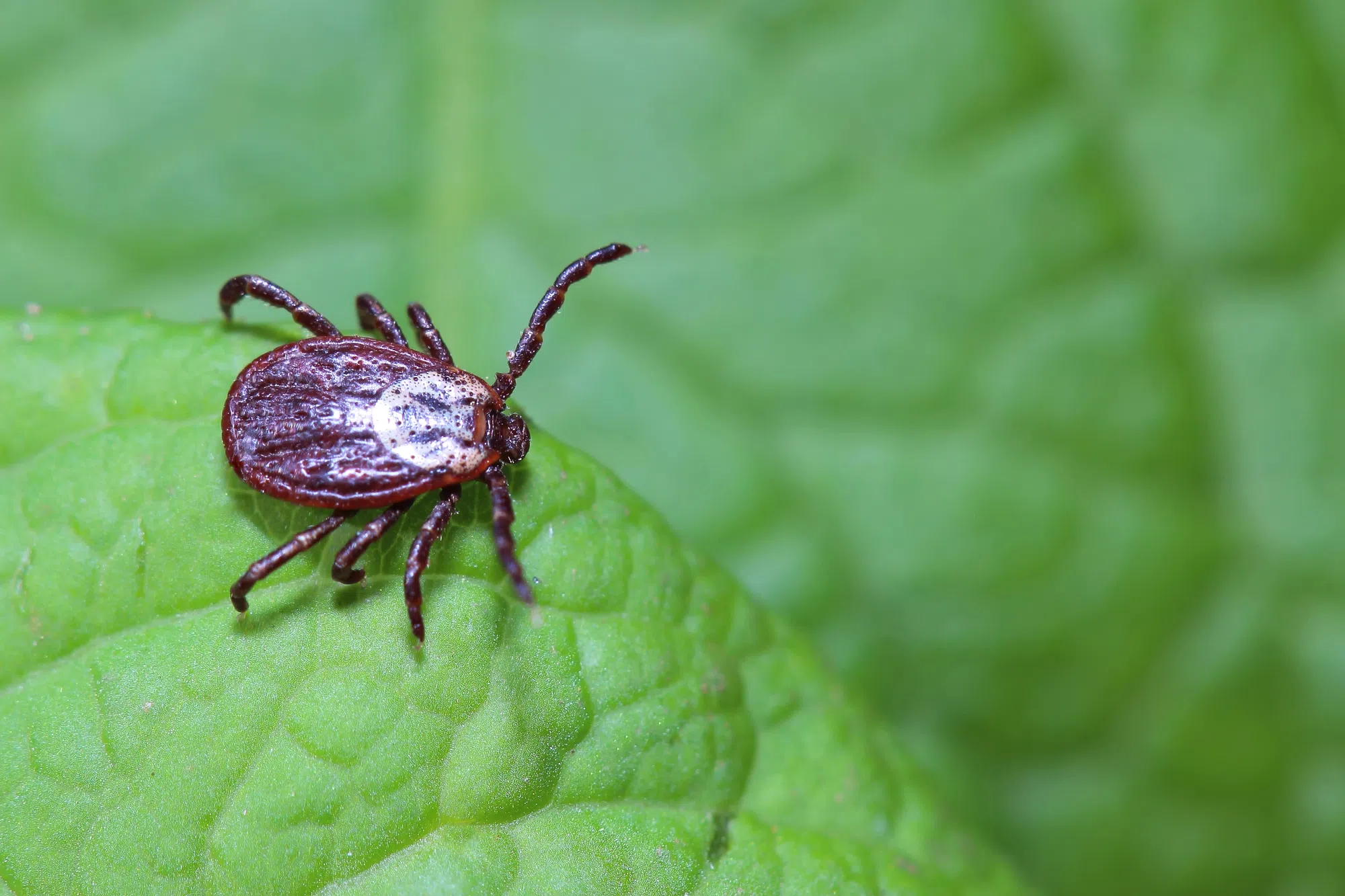
VitalisG / Depositphotos.com
NEBRASKA — As spring and summer months are the primary tick season in Nebraska, the Department of Health and Human Services (DHHS) urges all residents to be mindful of ticks and protect themselves from tickborne diseases such as Ehrlichiosis, Rocky Mountain Spotted Fever, and Lyme disease.
A great resource to help residents learn about tick species and the diseases they can pass on is the Nebraska Tick Surveillance Map. This map is an interactive tool that documents the counties in Nebraska where tick species have been found and what diseases they are carrying.
“This map is a vital resource for Nebraskans,” said Dr. Matthew Donahue, Nebraska State Epidemiologist. “Healthcare providers and members of the public can use this information to improve prevention efforts, diagnosis, and treatment to keep Nebraskans healthy and safe.”
How to prevent tick bites and avoid tickborne diseases while enjoying time outdoors:
- Wear light-colored clothing to make ticks easier to find. Tuck long pants into socks and boots.
- Apply an Environmental Protection Agency-registered insect repellent containing 20% DEET, picaridin, IR3535, or Oil of Lemon Eucalyptus according to label directions.
- Treat clothing and gear with products containing 0.5% permethrin. Permethrin can be used to treat boots, clothing, and camping gear. It remains protective through several washings.
- Walk in the center of the trails. Avoid wooded, brushy areas with high grass and leaf litter.
- Conduct full-body tick checks (underarms, ears, belly button, behind knees, between legs, waist, hair, and scalp) every two to three hours.
- Pets should also be checked for ticks after being in areas where ticks might be found. Be sure to also protect pets using a tick prevention program through your veterinarian.
- Put your clothes in the dryer on high for 10 minutes (or one hour for damp clothes) to kill ticks.
- Shower within two hours after coming indoors.
- Learn about tick removal and symptom awareness.
- If you become ill with fever and/or rash after being in an area where ticks may have been, contact your healthcare provider.
- Visit the NDHHS Vector-Borne Disease website for additional information: https://dhhs.ne.gov/Pages/Tick-Borne-Diseases.aspx














